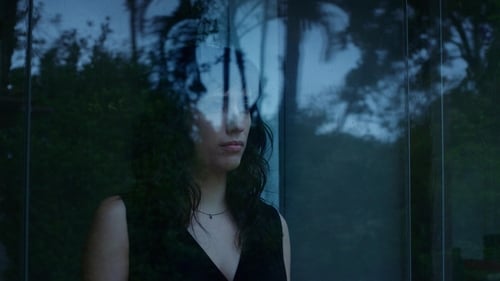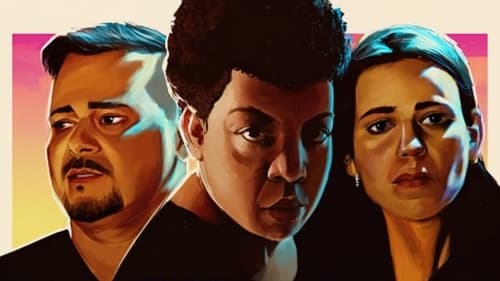Maria José Novais Oliveira

У супругов Лауры и Израэля есть пятилетний сын Лукас. Они живут вместе, но, кажется, полностью потеряли интерес друг к другу. Их отношения стремительно идут под откос, но в семье ещё остался человек, не утративший волю к жизни, и это Лукас.

In 2011, during a blackout in an outskirt neighborhood’s street, a family – surrounded by candles that light conversations and thoughts – awaits the return of electricity. Now, ten years later, the light tries to impose its place towards the shadows of memory.

Zezé
Angela collects diagnostics of diseases she has never had, but a new friendship might bring this peculiar collection to an end.

Dona Lua
Жители бразильского города Контагем хотят лучшей жизни. В центре сюжета Сельма, женщина, которая мечтает уехать в "сердце мира" - место, в котором она будет счастлива.

In order to take a new job as an employee in the public sanitation department, Juliana moves from the inner city of Itaúna to the metropolitan town of Contagem in Brazil. While waiting for her husband to join her, she adapts to her new life, meeting people and discovering new horizons, trying to overcome her past.

Vizinha
As he does every single day, Elon goes to meet his wife at her workplace, but she is not there. He doesn’t find her at home as well, so he starts to retrace the path Madalena makes daily. In the morning after, Elon goes to the police station and files a report, runs into hospitals, morgues. Alone, he wanders through a metropolis, searching for news about the sudden and mysterious disappearance of his wife.

With its obvious simplicity, the film’s title happens to set the mood of the film, or at least its guiding principle: staying anchored in everyday life. More precisely, the life of Maria José and Norberto, who have been married for 35 years and who live in Contagem, in the suburbs of Belo Horizonte. Their marriage is on the rocks, which leads their two sons to also wonder about the future of their own relationships with their wives. The story is quite ordinary. How can one capture such an impercep- tible shift in the heart of the banality of things, only made more noticeable by a crisis? Filming his own family, his own parents, his brother and himself, André Novais Oliveira has chosen to take his time. He shots long sequences, leaving enough time for the fictional situations on which he puts his characters to grow and unfold. Then he uses wide frames to linger on more mundane, concrete or at times farcical moments: eating an orange, cooking, watching television...

Another day in the life of an elderly couple in the suburbs.

An elderly woman films what she doesn't want to forget.






